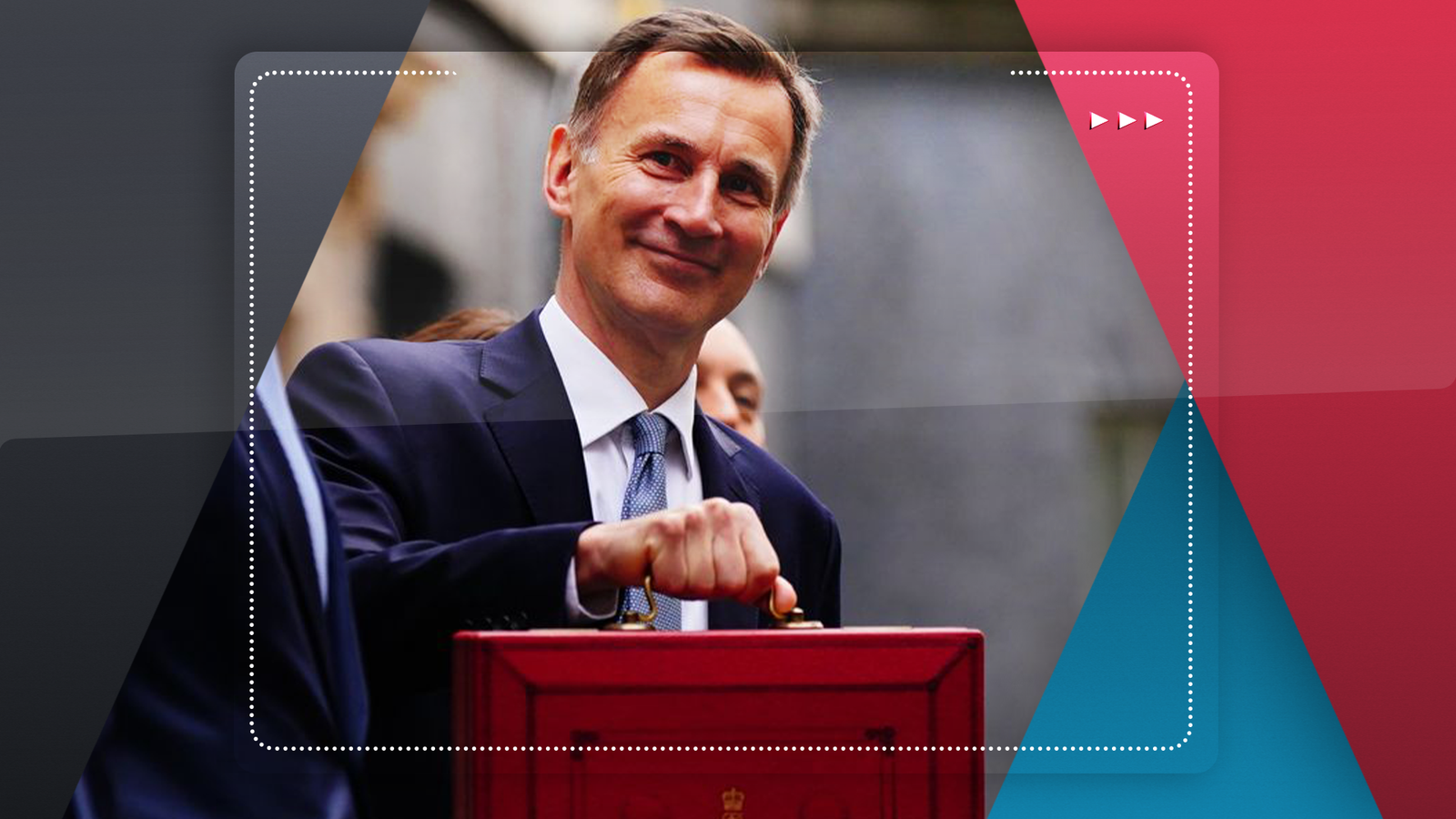Remember how Jeremy Hunt cast himself as the sensible, boring antidote to Kwasi Kwarteng?
The sales pitch was that following the chaos of the mini-budget last September, Mr Hunt was the man to put Britain’s books back in order.
And he certainly performed that role in his first fiscal statement last November, where he ditched pretty much all of Mr Kwarteng’s measures as well as reinstating the corporation tax rise and freezing tax-free allowances.
But here’s something interesting about Thursday’s budget: dig through the figures, as the Institute for Fiscal Studies and Resolution Foundation have overnight, and you see that actually Mr Hunt is suddenly behaving a lot more like Mr Kwarteng than many of his predecessors.
Look at the ‘headroom’ Mr Hunt has against his “fiscal rules” – the set of constraints he’s given himself to signal how serious he is about the public finances.
After all the measures in this week’s budget, which involve an extra £20bn or so in annual giveaways in a couple of years’ time, that headroom will be tighter than for any other chancellor in recent memory (save, obviously, for Mr Kwarteng, or for that matter Nadhim Zahawi or Sajid Javid, neither of whom hung around long enough to deliver a budget).
To put it another way, for all the branding about being boring, look at the numbers and this chancellor is behaving in a more risky way than most of his predecessors. Yet despite all that, markets barely blinked.
Please use Chrome browser for a more accessible video player
This insight, one of many from the Resolution Foundation’s post-budget analysis, is worth dwelling on because it tells you rather a lot about the Conservative strategy right now.
Faced with an election in barely more than 18 months, the party is beginning to splurge to try to generate an economic bump.
It is doing so under the camouflage of Jeremy Hunt’s “boring” brand, but it is doing it nonetheless.
All that money spent on incentives for business investment are designed to stoke up economic activity and to give Rishi Sunak a fighting chance to win (or maybe come close to winning) the next election.
Now, to judge from much of the other day-two analysis, he’ll have his work cut out for him.
Consider the state of real earnings, which are not forecast to return to their 2008 level until 2026 – getting on for two decades of stagnation. Or consider the tax burden, rising to historic highs thanks to the impending freeze in personal allowances and thresholds, the upshot of which is to draw more than a million more people into paying the higher rate of tax.
Once upon a time the higher rate (40p these days) was something only the very richest would pay – less than 4% of adults as of the early 1990s.
Please use Chrome browser for a more accessible video player
Well on the basis of projections from the IFS, the share is set to rise from around 10%, where it is right now, to nearly 15%. Doubly striking is the fact that were Jeremy Hunt to raise those thresholds in line with inflation, the proportion paying that higher rate would actually fall.
In other words, many more people will find themselves paying considerably more in tax: such is the logic of what economists call “fiscal drag”.
Then there’s the likely controversy about who will benefit from two of the most eye-catching measures – the abolition of the pensions lifetime saving allowance and the expansion of free childcare to younger toddlers. For according to the Resolution Foundation’s calculations, these policies will disproportionately benefit the best off – especially the pensions change.
Be the first to get Breaking News
Install the Sky News app for free
Budget 2023 – read more:
Budget calculator: See if you are better or worse off
Economy will avoid recession, chancellor says
The key points of the budget at a glance
Similarly controversial is the fact that for all the measures on Thursday, the budget did little to address a looming shortfall in public spending. While there’s plenty more money being spent on childcare, defence and the NHS (though many would argue, not enough), other parts of government are due to face a 3.2% real terms cut in their spending.
That seems pretty unsustainable, and the assumption is that the chancellor will have to spend more to prevent what feels like austerity throughout parts of the public sector. But that brings us back to those fiscal rules and the tiny amount of headroom the chancellor enjoys against them.
Please use Chrome browser for a more accessible video player
Take all the numbers from the budget as read and you have to assume Mr Hunt will end up breaking the rules.
But there’s another interpretation.
What if he’s hoping desperately that the measures end up boosting growth by considerably more than the Office for Budget Responsibility predicted? Not only could that turn the tide and remind people that there is such a thing as good economic news; it would also mean he’d have more money available for a pre-election giveaway.
None of this will necessarily be enough to lift the Conservatives above Labour in the polls – the reputation scar from last year’s mini-budget, not to mention many of the electorally unpopular events of recent years, may not heal that easily.
Even so, it does look as if the Tory plan to try to win the next election is beginning to materialise. And while Mr Hunt may cast himself as a boring chancellor, he’s just thrown the dice in what looks very much like an economic gamble.








